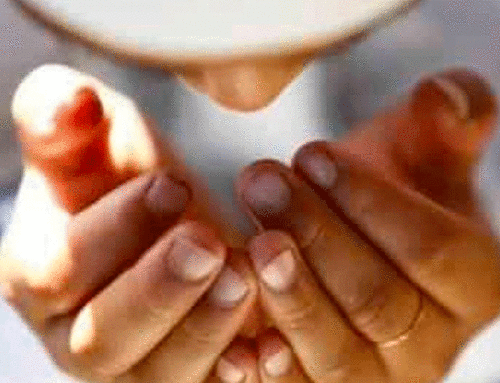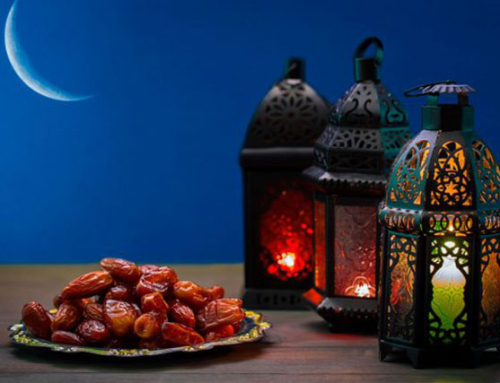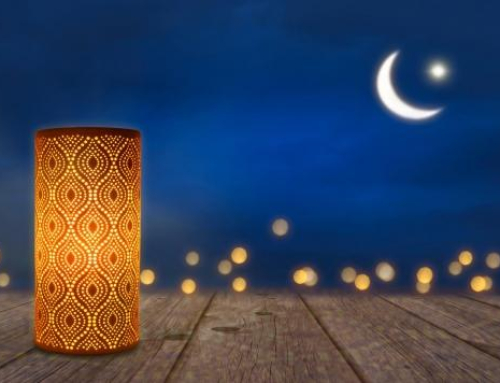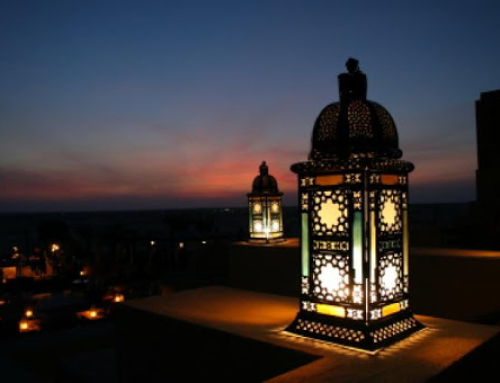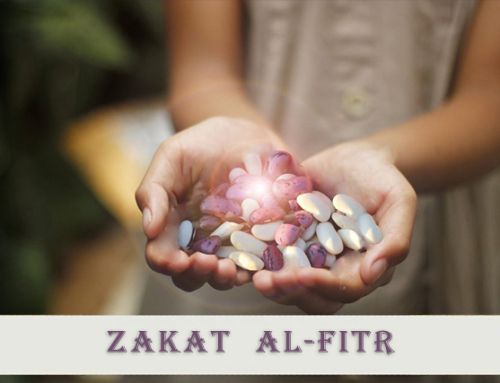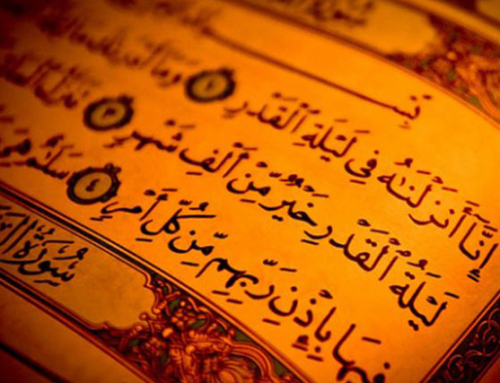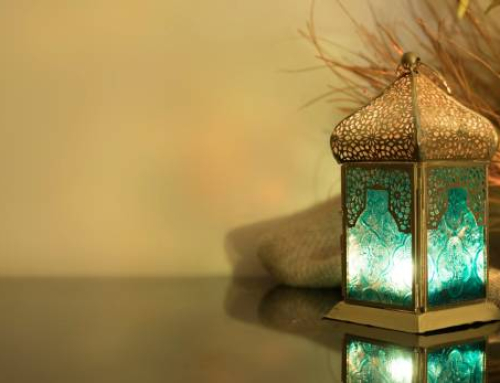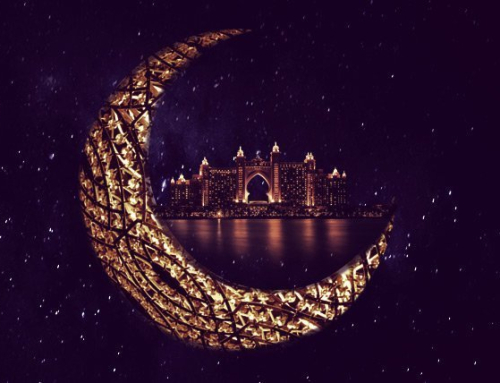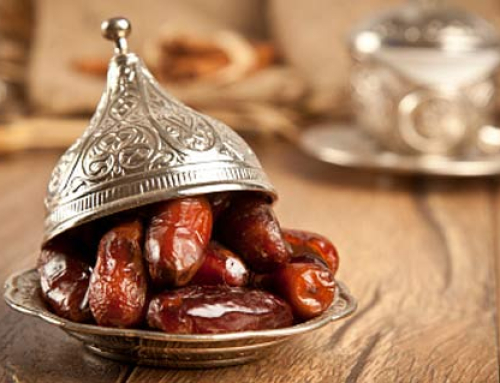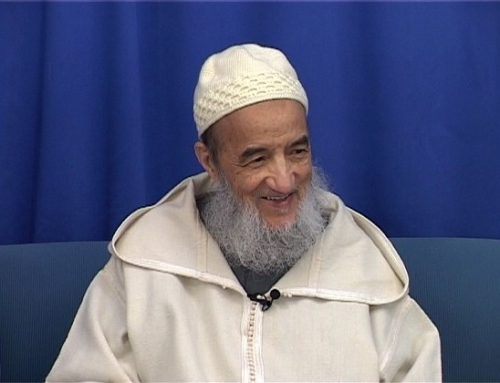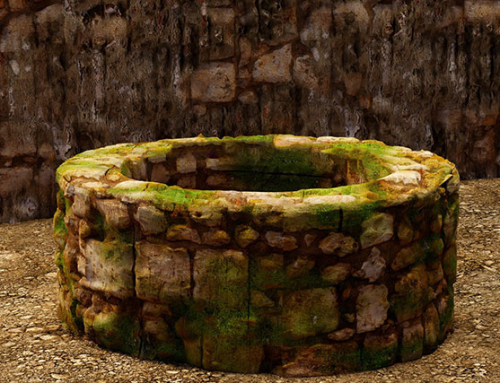Abdelhak Bzioui
July 10, 2015
“Before he went to pray, the Prophet – God bless him and grant him peace –used to break his fast on a few Ruṭab (soft and fresh dates) or on a few dates if he found no Ruṭab or on some mouthfuls of water if he found no dates either.” (1)
The Prophet Mohammad – God bless him and grant him peace – used to break his whole-day fast on Ruṭab or on dates or on water. Mohamed Faid, a Moroccan nutritionist, stresses that this is the best foodstuff to be dropped in an empty stomach so that it would effortlessly produce Pepsin (2) . Faid explains why Ruṭab are an amazing food to break one’s fast. First, vitamin concentration in Ruṭab is more than in drier dates, especially vitamin C, which tends to disappear as dates dry off. Besides, the concentration of Vitamin B1 and B2 is higher in Ruṭab than in dates. To add, water percentage in dates can hardly exceed 35 percent whereas in Ruṭab, it can amount to 60 percent. The same is true for fiber concentration in both. Faid further explains that when the sun sets and it is time to break the fast, the stomach is exhausted and empty. Whatever is dropped in it, it immediately begins to secrete Pepsin to degrade the received proteins. When Ruṭab or dates fall in the stomach, they do not exhaust it anymore. It begins to produce Pepsin and dates go down to the intestines. They moisten them with fiber and produce sugar, minerals, and vitamins which work to help to get rid of the laziness and fatigue induced by a long fasting day. On the other hand, Ruṭab or dates in an empty stomach tend to curb greed for food, Faid advances. For this reason, the Prophet – God bless him and grant him peace – used to break his fast on dates or water or both (only one or two mouthfuls plus an odd number of dates). Immediately after that, he used to go to pray the Maghrib (sunset) prayer. Faid demonstrates that during the prayer which may take five, ten, fifteen minutes or more, the dates go through the stomach into the intestines. The latter absorb iodine and vitamin B which calm the nerves. The neurons, in turn, receive sugar and cease to be troubled. Calcium, Magnesium and zinc also reach the brain for it to get rid of anxiety and nervous uneasiness. Finally, the fiber in the Ruṭab or dates settles in the intestines. Consequently, when one finishes his/ her prayer and goes back to the food table to eat more, s/he usually has less greed for food. Faid even argues that if one waits around thirty minutes or more (which he recommends) before going back to eat more, s/he is likely to take in no more than a fifth of the quantity of food they usually eat (3) .
References
| ↑1 | This hadith was narrated by Abu Ad-Darda’a (hadith number 719/1) and was authenticated by Al Albani (God have mercy on them). |
|---|---|
| ↑2 | Pepsin is an enzyme whose zymogen (pepsinogen) is released by the chief cells in the stomach and that degrades food proteins into peptides. |
| ↑3 | Scientific explanation of Mohamed Faid is retrieved and translated from this link: https://www.youtube.com/watch?v=BJuw6GrxdR8 |



